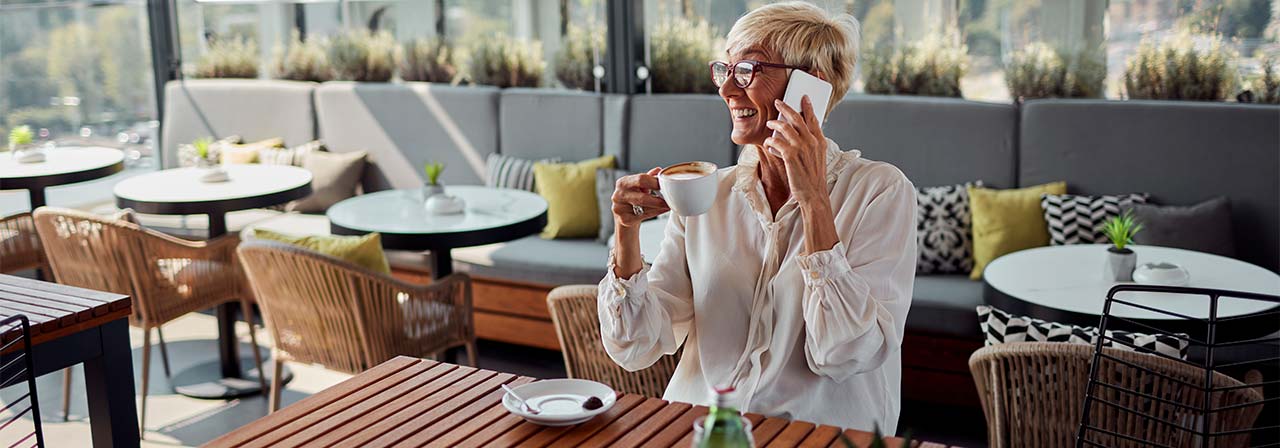Hotels, after tough year, are back in investors’ sights
Capital-raising and hotel sales highlight investor optimism for the sector’s recovery
Hotel investment is gaining momentum amid improving prospects for travel.
Blackstone Group and the Starwood Group in March bought hotel operator Extended Stay America for US$6 billion, the largest deal in the U.S. since COVID-19 hit. In Madrid, German investor Commerz Real acquired an office building at city’s airport with intentions to convert it into a 280-room hotel branded by Zleep Hotels.
In a recent JLL survey, 70 percent of investors said they will be targeting hotels in Asia Pacific. Global hotel investment is expected to increase up to 35 percent to US$35 billion this year from a year earlier, according to JLL’s Global Hotels Investment Outlook Report 2021.
Hotels, and the leisure-and-travel sector in general, have been hard hit during the pandemic, with lockdowns and health concerns curbing visitor numbers. But the strong economic recovery, ongoing vaccine rollouts, and a broad pent-up desire to travel is expected to spur a raft of bookings.
“Optimism around the deployment of vaccines and an eventual recovery in tourism has started to drive activity and investors don’t want to miss the opportunity,” says Nihat Ercan, senior managing director and head of investment sales for Asia Pacific in JLL’s hotels and hospitality group. “The cycle has been reset and we are now on the cusp of a period of recovery.”
Looking for value buys
Analysts are forecasting a full recovery for hotel investment by 2024. In the meantime, the sector is seeing an increase in hotels hitting the market. Recent activity points to strong appetite from large private equity investors looking at various strategies, from pure equity plays to senior and mezzanine lending.
Capital raised in closed-end funds targeting global hotels was US$24.5 billion in 2020, matching 2016 levels. Given significant dry power levels, these well-capitalized private equity groups are expected to drive the bulk of transactions in 2021.
However, at the moment there appears to be a disconnect between what owners and investors agree is a fair price.
Looking for more insights? Never miss an update.
The latest news, insights and opportunities from global commercial real estate markets straight to your inbox.
In parts of APAC – namely locations outside key gateway cities, and markets where domestic demand hasn’t compensated for falling international visitor numbers – valuations are likely to have fallen up to 30 percent.
However, that doesn’t mean these properties are for sale. Owners in the JLL survey said they were either holding until conditions improve, or willing to reduce asking prices by just 10 percent.
“It’s not clear to what extent we’ll see motivated or forced sellers putting assets on the market,” says Peter Harper, JLL Hotels managing director. “Until the climate improves, private equity funds and high-net-worth individuals in particular will look to capitalise on opportunities that come to market as most owners continue to have strong balance sheets and or ongoing support from the banks”
Boutique investment firm Pro-invest, which is based in Australia, recent launched a A$500 million (US$388 million) fund targeting distressed luxury and full-service hotels, intending to acquire from classic distressed hotel owners plus family offices and corporates in Asia who require liquidity but for whom managing hotels is not their core business, according to media.
New York City-based investor Dreamscape Cos. has also entered the buyer pool with US$1 billion targeted at hotels for business travelers, where it expects recovery to be slow and pricing to be more compelling.
Asset management
For many investors, buying a hotel will be followed with asset management initiatives to meet changing consumer preferences and to get ready for a full return to travel.
“Now is the time to be reinvesting in assets as demand remains subdued and competing products are beginning to look tired as a result of pulling back on investment,” says Xander Nijnens, managing director and head of advisory and asset management for Asia Pacific in JLL’s Hotels and Hospitality Group.
In the JLL survey, 36 percent of respondents said investing in their own assets was their primary priority in 2021, along with a focus on cost containment and maintaining cash-flow discipline.
There are deals to be done in the current environment, yet value-add players “will have the upper hand as they are willing to roll up their sleeves to invest and reposition hotels with a view of selling them in three to five years,” says Nijnens.
Contact Peter Harper
Managing director and head of investment - APAC, JLL Hotels and Hospitality GroupWhat’s your investment ambition?
Uncover opportunities and capital sources all over the world and discover how we can help you achieve your investment goals.
